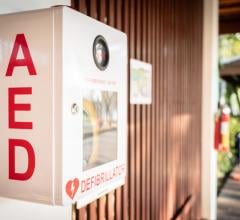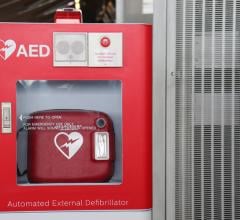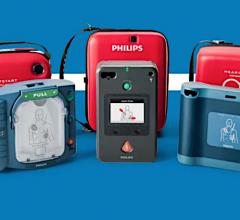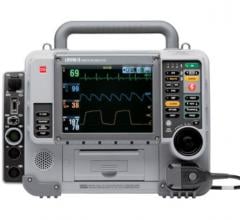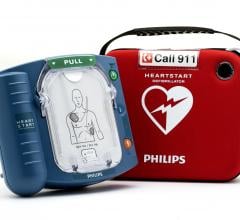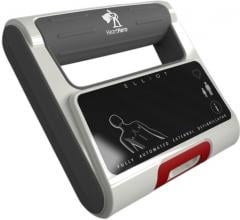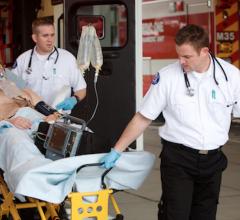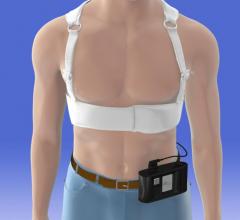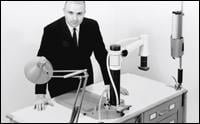
September 2, 2010 – The Smithsonian's National Museum of American History recently accepted the donation of a prototype medical emergency crash cart, referred to as MAX. It accepted the donation from ECRI Institute, an independent nonprofit that researches the best approaches to improving patient care. The cart, designed to save lives by enabling rapid medical action, carries instruments for cardiopulmonary resuscitation and other medical supplies while also functioning as a support litter for the patient. MAX will be added to the museum's Division of Medicine and Science, which preserves a collection of objects related to cardiology and emergency medicine.
MAX was originally designed and patented by Joel J. Nobel, M.D., while he was a surgical resident at Philadelphia's Pennsylvania Hospital in 1965, three years before he founded ECRI Institute. Nobel's invention was timely, as the United States was at the forefront of cardiology in the 20th century, a dynamic new medical specialty.
MAX helped enhance hospitals' efficiency in emergencies by enabling doctors and nurses to save time, thereby increasing the chances of saving a life. The cart and its supplies improved response time and minimized errors. MAX efficiently gathered together all the life-saving materials and brought these to the patient, allowing for quicker, better-executed treatment. These patient-centered qualities are now emphasized in today's rapidly changing healthcare system.
The prototype cart, measuring 34 inches tall and 79 inches long when fully extended, is outfitted with the medical equipment and pharmaceuticals used in the late 1960s and 1970s, including a pneumatic cardiac compressor, electrocardiograph, respirator, pacemaker and intubation gear. The cart also recorded voice from the moment it was moved and electrocardiogram (ECG), facilitating later event analysis and systems improvements.
"MAX is a representation of an important period in the history of cardiology and cardiac surgery," said Brent D. Glass, director of the museum. "Nobel's focus on human factors, prevention of operator error and speed of operation paved the way to improved patient care and greater efficiency in American medicine."
"ECRI Institute is sharing the emergency crash cart with the Smithsonian Institution and with the American public so it can continue to tell the story of invention and innovation in the field of medicine," said Anthony Vincent, ECRI Institute trustee.
LIFE magazine documented Nobel's invention in a 1966 four-page feature article entitled, "MAX, the Lifesaver." For additional information about MAX, visit www.ecri.org/40years/pages/max_cart.aspx.
The National Museum of American History collects, preserves and displays American heritage in the areas of social, political, cultural, scientific and military history. To mark the 50th anniversary of the Greensboro lunch counter sit-in, the museum explores stories of freedom and justice, both in Washington and online. To learn more about the museum, visit http://americanhistory.si.edu.

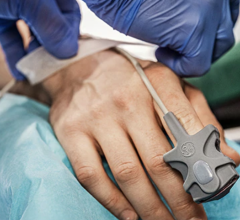
 July 28, 2023
July 28, 2023 
